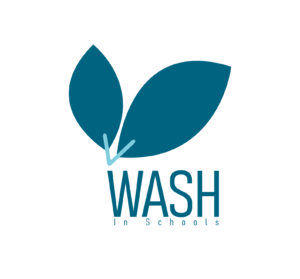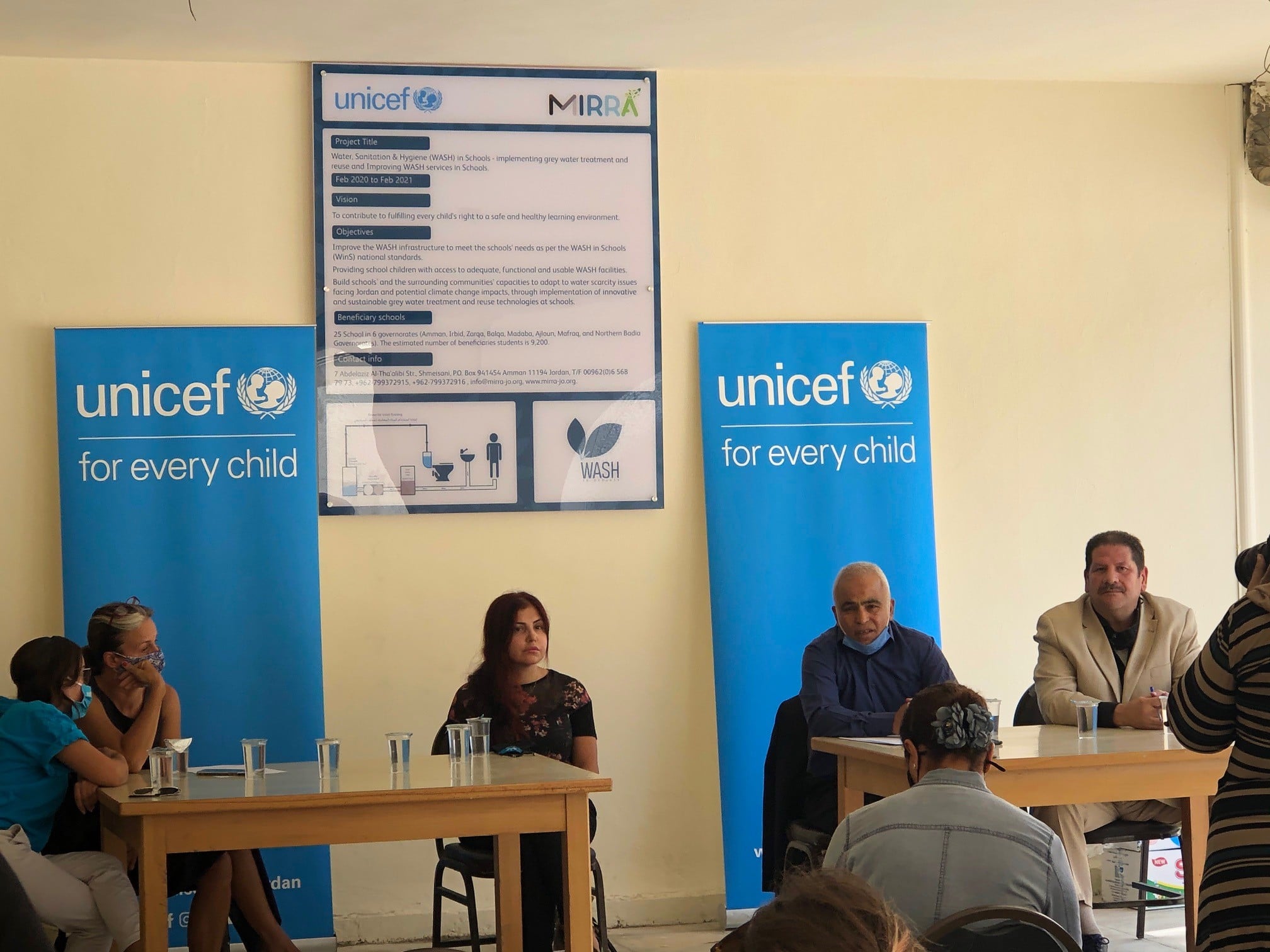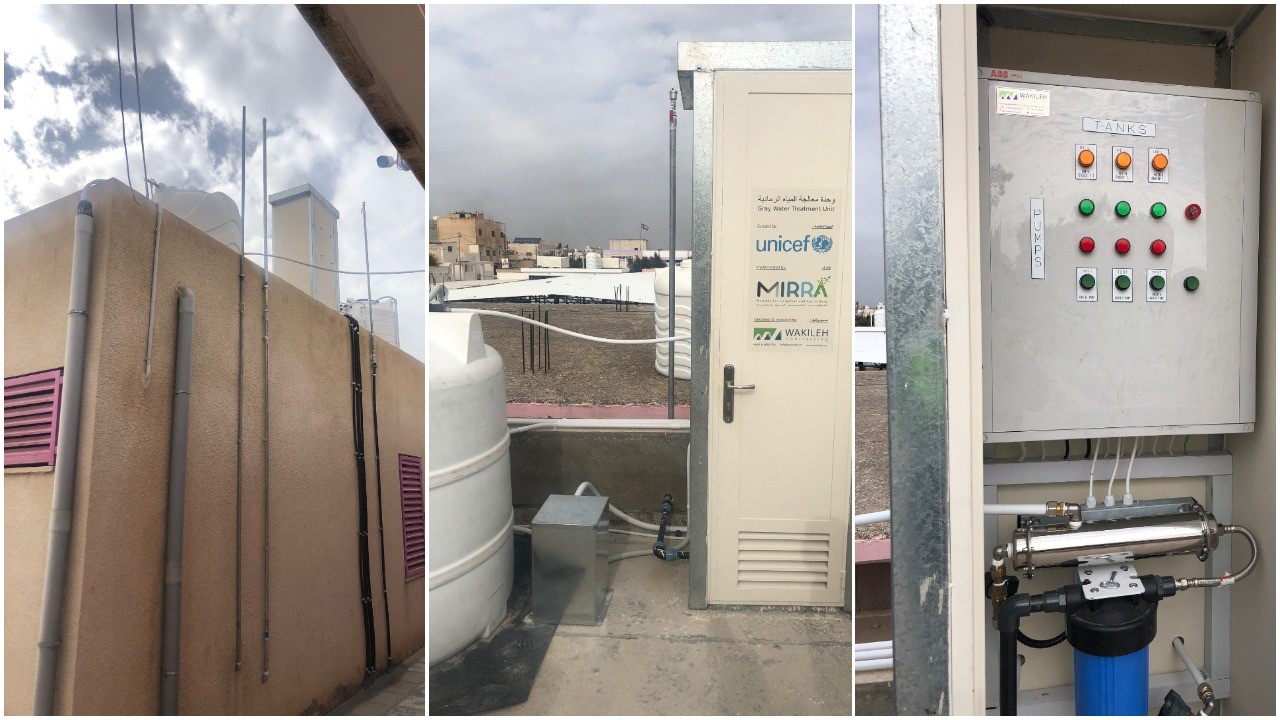

Water, Sanitation and Hygiene (WASH) in Schools – Implementing Greywater Treatment and Reuse and Improving WASH Services in Schools”
17 Feb 2020 – 30 May 2021
MIRRA-UNICEF partnership Launched its 2020/2021 Program “Water, Sanitation and Hygiene (WASH) in Schools – Implementing Greywater Treatment and Reuse and Improving WASH Services in Schools” in Jordan on 17 Feb 2020, Amman, Jordan.
Funded by the United Nations Children’s Fund (UNICEF), the program targets 25 public schools in 8 Governorates (Amman, Irbid, Zarqa, Balqa’a, Madaba, Ajloun, Mafraq, North Badia). The estimated number of student beneficiaries is 9,200 (3,700 Boys and 5,700 Girls).
The program aims to improve the WASH services through rehabilitation and expansion of WASH infrastructure to meet the schools’ needs as per the national standards, providing school children with access to adequate, functional, and usable WASH facilities in the context of a healthy school environment. Additionally, this program aims to build schools’ and the surrounding communities’ capacities to adapt to water scarcity issues facing Jordan and potential climate change impacts through implementation of innovative and sustainable greywater treatment and reuse technologies.
The program is based on the principals of innovation, environmental sustainability, durability, high quality of implementation, safety measures, gender equality, accountability, inclusive participation and extended cooperation between stakeholders.
Overall, the program contributes to fulfilling every child’s right to a safe and healthy learning environment.
Main Activities
Activity 1.1: WASH facilities at 2 selected schools are completely rehabilitated to meet the national standards for WASH in schools. MIRRA will rehabilitate WASH facilities at 3 schools to meet the national standards, the WASH facilities.
Activity 1.2: The superstructure of WASH facilities at 20 schools are provided with additional features to achieve inclusiveness and usability concept for WASH facilities in schools as per SDG/JMP Monitoring and the WinS national standards.
Activity 1.3: 19 selected schools are provided with sustainable and innovative grey water treatment and reuse systems, the treated water will be used by the schools for toilet flushing and greening purposes only and according to current treated grey water reuse standards (add std. number), applying grey water reuse is expected to reduce water demand at schools, and will also increase green areas in the schools and the surrounding communities helping schools to adapt with the water shortages Jordan is facing. Ultimately, the impact of this project will build resilient schools in the face of the projected climate change adverse impacts.
Activity 1.4: Renovating the existing rainwater harvesting system at one selected school (Rehab girls’ agricultural school in Mafraq), the harvested rain water will be used to replace fresh water for irrigation purposes.
Activity 1.5: Supply, install and operate an Alarm & Monitoring System and software, to monitor the performance of: 1- grey water treatment and reuse systems at 21 schools, 2- decentralized waste water treatment system installed by UNICEF and MIRRA in 3 schools in 2019, 3- rain harvesting system in 1 school.
Project Progress (Updated Jan 2021)
Overall, the number of schools meeting the national standards for WASH facilities in schools has become 15 out of 23. More specifically, greywater treatment and reuse systems were installed and are operational at 12 schools, while procurement and assembly operations were completed for the treatment and reuse systems at the remaining schools. These accomplishments on greywater systems reach an achievement percentage of nearly 85%. Additionally, renovation works are finalized within 2 schools and the completion of this activity is 100%. The rainwater harvesting system were renovate dat the planned two school, so the completion is 100%. Furthermore, the tangible components of the monitoring systems have been installed at 12 schools, while procurement of the tangible monitoring components is complete. However, the progress in programming the monitoring software is 90%.
WASH in Schools
Water, Sanitation and Hygiene (WASH) in Schools – Implementing Greywater Treatment and Reuse and Improving WASH Services in Schools”
